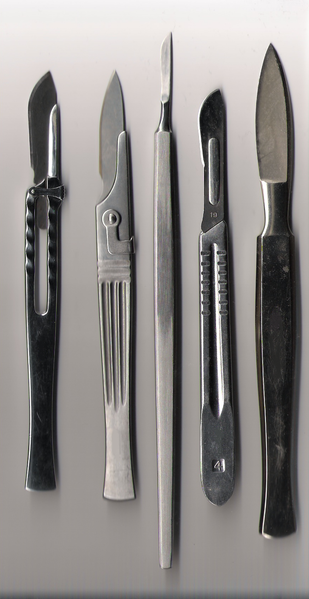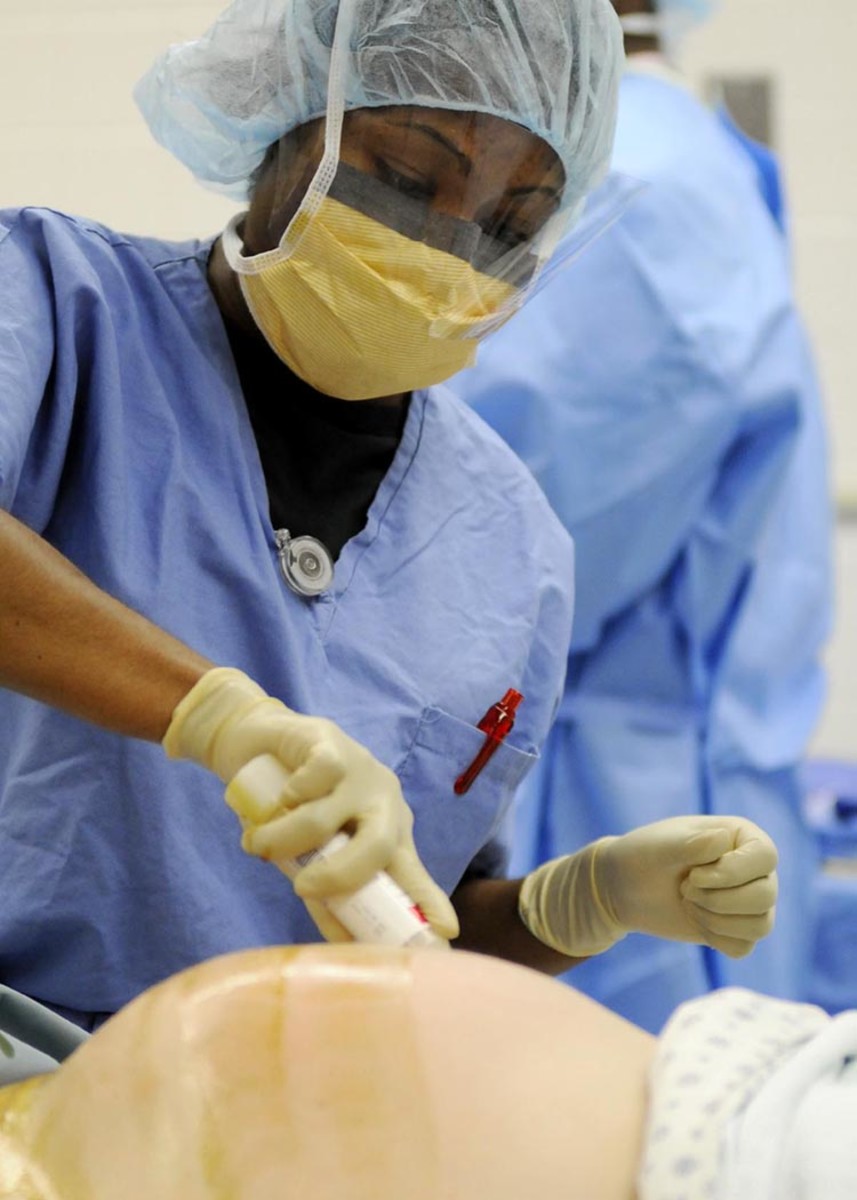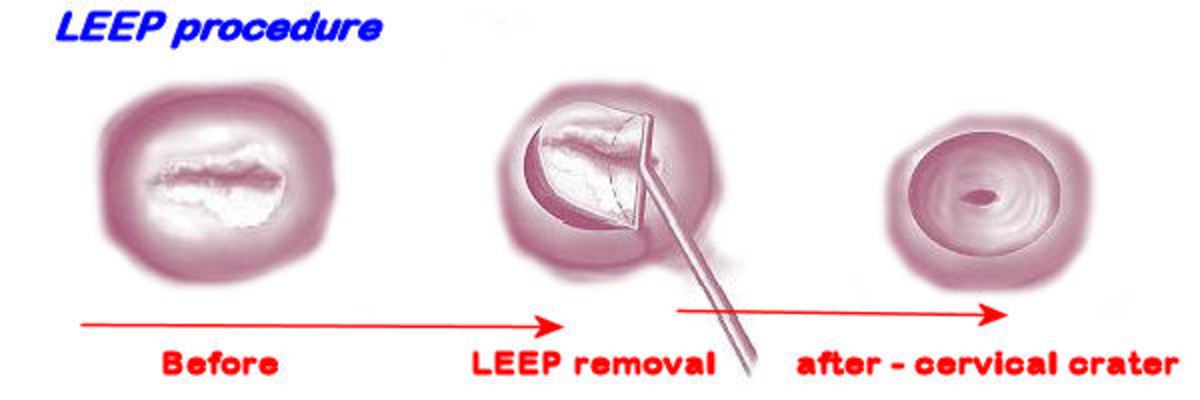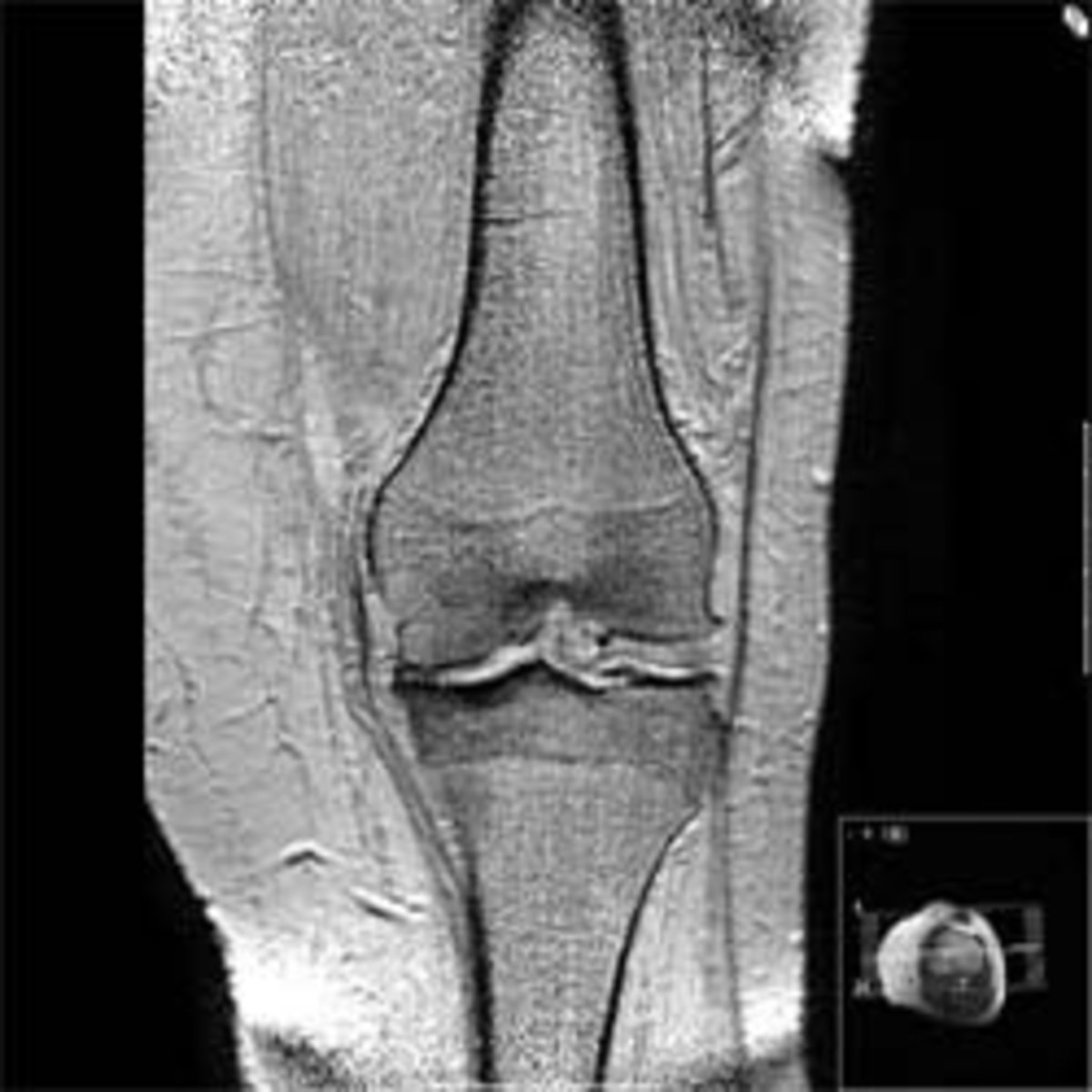Having Surgery: How to Heal from the Operation
Scalpel Blades

Surgery Information
I imagine you would be hard pressed to find someone who has not undergone some kind of surgical procedure. The severity of the procedures will vary tremendously but just about everyone has had surgery for something.
Men and women alike undergo procedures when they no longer want to reproduce or to address a lingering injury; maybe you even elect to go under the knife to improve your vision or to lose weight.
The point is that surgery has become a very common thing in most of our lives. Even if you haven’t personally had surgery you probably know someone close to you who has.
A piece of advice before you have surgery, make sure you completely understand the restrictions on food and water for a certain amount of hours leading up to the procedure. The concern is anything in your stomach can cause you difficulty when you are under the anesthesia, which is kind of what I was told. They don’t mess around with this one, I had a sip of water during this timeframe and they were less than pleased when I mentioned it.
Inpatient Surgery
There are two ways surgery is performed, either inpatient or outpatient. Inpatient surgery is usually reserved for the more serious kinds of surgery where you actually need to be admitted for one or more days to the hospital or surgery center, we’ll cover that one later.
Inpatient surgeries will be executed on individuals who need help after a major car accident or a substantial injury at work. These kinds of procedures generally take the longest for the surgeons to do as well as require the longest recovery time for the patients.
Surgeries
Have you had surgery?
Outpatient Services
Outpatient surgery has become pretty common; many simple procedures can be done and classified as outpatient.
Our daughter had hernia surgery when she was five years old, it was outpatient. If you haven’t been notified that your little child needs surgery, trust me it is not a fun phone call to get. We noticed a little bump in her midsection and took her to the doctor’s office where we got the diagnosis a few days later.
The surgery itself was pretty quick, the whole experience only took about two hours from getting there to taking her home. The biggest negative to the surgery was watching her come out of the anesthesia, she really had a tough time regaining her senses and it was hard to watch. No parent enjoys seeing their child not being their usually jovial self, for us it was excruciating to see her going through this.
Specialty Surgery Center
Earlier this year I actually went through my first surgery, it was interesting to say the least. When my daughter had surgery we had health insurance through a large HMO here in California, when I had mine we had longed switched over to a different insurance carrier because of the increasing monthly premiums at the HMO.
For my surgery the specialist contracted with a surgery center that was housed in the same building. These surgery centers are geared towards surgery, they don’t do anything else. The benefit to this is they have a pretty good idea what they are doing and have streamlined the solid process. The downside is you kind of feel like you are on a surgery assembly line. You walk into the prep room and see a row of beds and retractable curtains, I somewhat expected to see a red machine prompting me to take a number.
I will give the employees credit; they were very nice and answered any questions I had since this was my first surgery. I do wish they had some bigger surgical gowns, I’m six foot four inches tall and I felt like I was trying to cover up with a washcloth; I did feel a little bit silly not knowing I needed to tie the thing behind my neck though.
When I got the IV, after the second try since the first attempt missed my vein, I was past the point of no return. If you haven’t had an IV before the initial sensation of cooler fluids entering your vein is a unique feeling; it wasn’t bad but it wasn’t great either. The nurses will tell you that you will just drift off to sleep after they administer the anesthesia via the IV and they are not kidding. One minute I am talking to the nurse as she is wheeling my bed to the operating room and the next minute I am in the recovery room walking up from my drug induced fog.
The actual surgery took them about forty-five minutes but I was out for a little over an hour; don’t remember a thing about any of it past my conversation with the nurse. I guess that is kind of the point of anesthesia though.
Post Op Care
Coming back to the land of the conscious after anesthesia will be different for everyone; you just have to experience it to see how you recover. For our daughter she had a tough time coming out of it, for me it was pretty quick.
I remember hearing them talking to my wife telling her where to park the truck when they wheeled me out. The best comparison I can think of is when you wake up from a deep sleep in the middle of the night. Your brain registers that you are awake but your body feels distant and you really aren’t processing what your eyes are seeing and your ears are hearing; maybe this is what people are experiencing when they have out of body experiences.
The first thing you might want to do after surgery is drink something, I advise you to be very cautious on this. Some people can drink right afterwards while others cannot keep these fluids down, unfortunately I was unsuccessful in keeping my apple juice down.
I didn’t really start to get my appetite back until the next morning, nothing sounded good to eat or drink for a short while after the surgery.
OTC Pain

Pain Management Guidelines
Depending on the surgery you have the doctor will prescribe some pain medication. My surgery didn’t leave me with too much pain but more of a dull aching that was kind of annoying after a while.
I certainly welcomed the pain killers because it did take the edge off of the throbbing pain I was experiencing. As a general rule I don’t take too much pain killers, nothing more than one Tylenol for the occasional headache, so I was hesitant in taking too many narcotics after the surgery. I found rotating between the ibuprofen and Vicodin to be an effective method. After a few days I dropped the stronger Vicodin and stuck with the ibuprofen because it was getting the job done by itself.
Please do not exceed the recommended dosage of any pain medication prescribed. If the medication isn't working contact your doctor, taking extra pills is not the answer and can cause more harm than good.
Surgery Complication and Hospital Infections
Surgery isn’t without risks, the biggest one being infection. Just like any scrap you get on your body surgery breaks your skin, increasing your chance of getting an infection. The danger is multiplied because you are in an environment where sickness is common. This might explain why a portion of surgery recipients develop some kind of an infection after their surgeries.
The best thing you can do to prevent an infection is keep the incision area clean. Talk to your surgeon and ask what you can do to clean the area, how often to clean it and when you can start cleaning it. Finding out when you can start cleaning it is important because you might need to wait a day or two to help let the opening begin the healing process, and to let the stiches do their thing.
Recovery After Surgery
Be prepared to not feel too hot for the first few days afterwards. Not only can some people take a day to really get their bearings after the anesthesia but your body has just endured a lot, it will take a while to get back to how it usually feels.
The surgeon will tell you how long the average recovery time usually is, based on what kind of procedure you had. This estimate is important because not giving your body ample time to heal can actually cause more damage than good, if you aggravate the incision and hinder with healing process.
I didn’t want to wait the 3-4 weeks that I was told to avoid lifting things or playing softball but I’m glad I did. I don’t want to imagine how it would have felt to damage the stiches or to interfere with the healing occurring.
It was a very boring time for me but, looking back now, it was absolutely the right thing to do and I am glad I listened; with the coaching of my wife of course.








